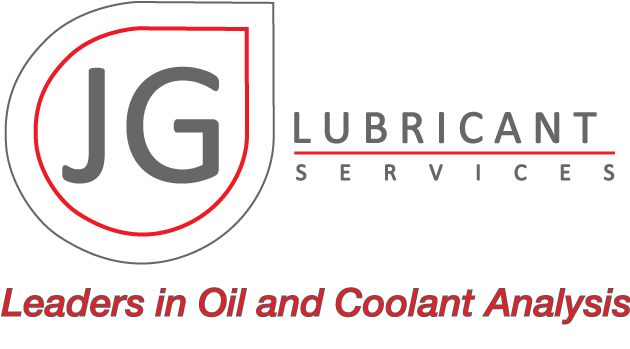
Oil Analysis Equipment and Machines
At JG Lubricant Services, our laboratory tests and test procedures are conducted in accordance with test methods established by the American Society for Testing and Materials (ASTM). We test the condition of the oil using these special ASTM tests. As all oils breakdown over time, we concentrate on specific areas that indicate the amount of degradation the sampled oil has experienced during use. We focus on the amount of viscosity change and contaminants found in the used oil sample. Then, where customers have purchased either the Advanced Kit or the Ultimate Kit, we also test for the amount of oxidation found in the oil. All samples are tested for metal content including wear metals, contamination metals, and additive metals. These combinations of tests tell us the amount of change the oil has undergone during use and how the equipment is responding to those changes.
JG Lubricant Services laboratories remain, at all times, under strict Quality Control (QC) using quality methods developed by and certified by the International Standards Organization (ISO) under the ISO 17025 standard. We assess the condition of oil samples under this system which requires us to use highly specialized oil analysis equipment as required by the ISO certification. Our laboratories maintain the oil analysis equipment and test apparatus using ISO certified methods to validate and record the oil analysis equipment and test apparatus calibration.
Our oil analysis equipment consists of various types of oil laboratory testing apparatus including viscometers, spectrometers, and titration equipment. Oil testing is performed on submitted samples using this specialized equipment.
Our engine coolant analysis kit allows you to detect coolant problems related to contamination, worn out coolant additives, incorrect mixtures, and/or poor source water quality. You'll be able to find and fix problems long before they can lead to significant cooling system problems or failure. Coolant analysis is essential in determining coolant degradation and/or contamination. An annual engine coolant analysis can help maintain your cooling system in as "worry free" condition as possible and minimize the chances of experiencing costly engine problems related to degraded and/or contaminated coolants.
Note: Some quick change stations and/or truck service centers may use a portable oil analysis machine to run an oil sample. An oil analysis machine is designed to try to replace the standard oil analysis laboratory but does not typically have the quality control of a true laboratory. These machines are not under strict laboratory control and may become contaminated or out of calibration from time to time. This could lead to an incorrect analysis. If your quick change station or truck service center uses an oil analysis machine you may want to ask to see the latest calibration date to ensure the machine has been properly maintained and calibrated so you don't get incorrect readings.






